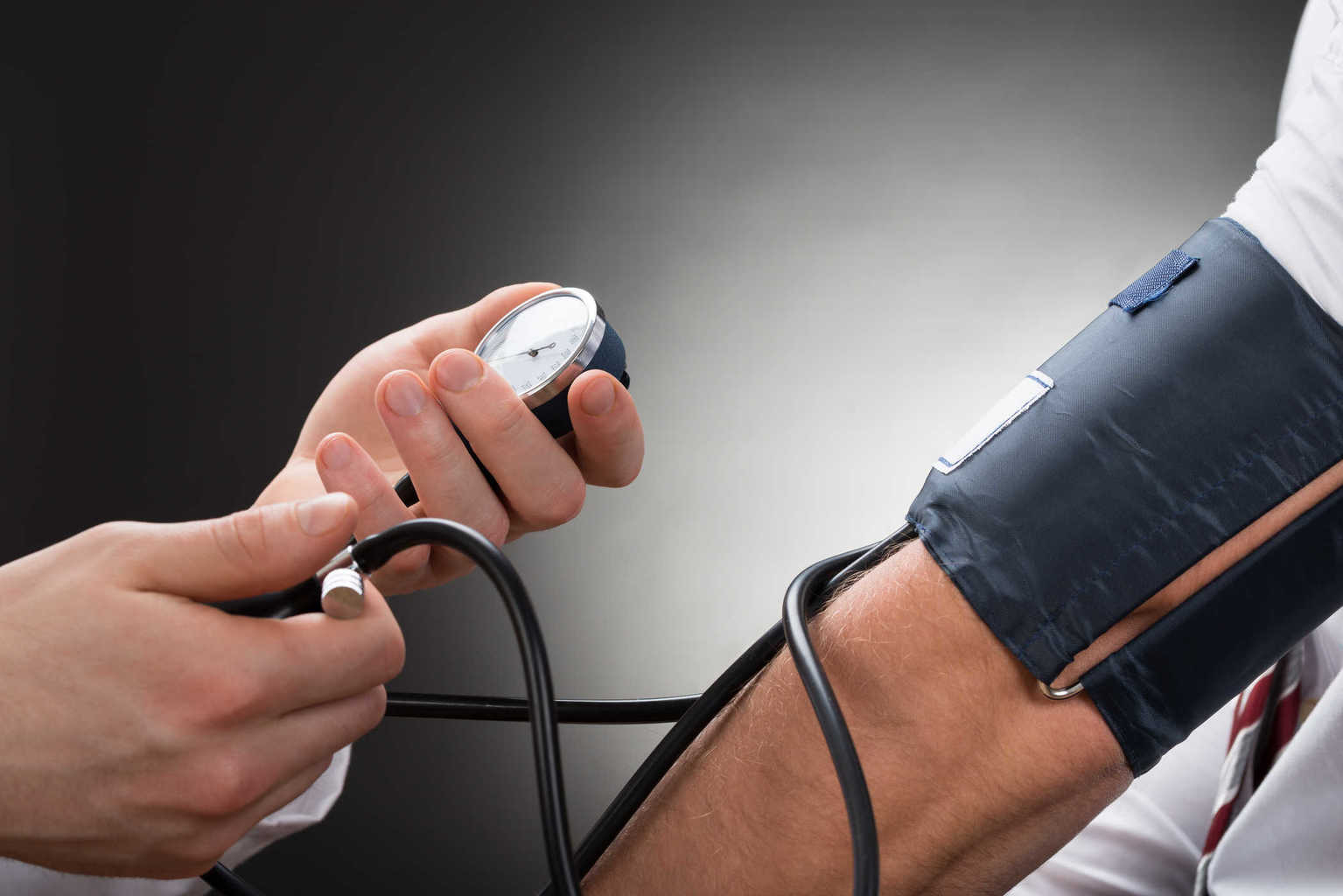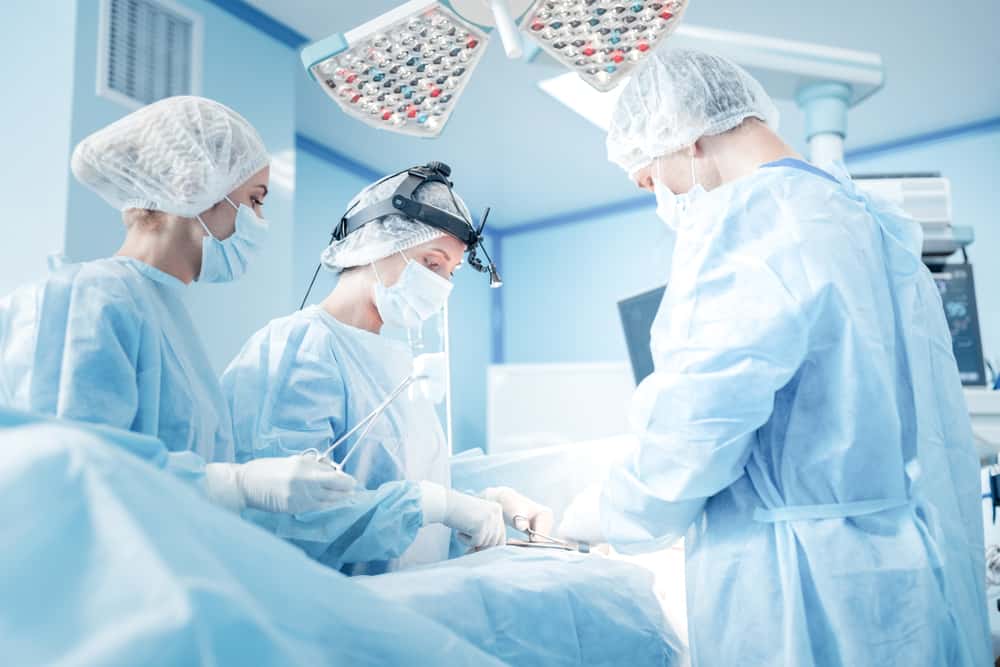Contents:
Medical Video: Intersex Children: Waiting to Decide on Sex Surgery?
As many as two percent of people in the world are born with intersex disorders, but many people still don't know anything about this fairly common medical condition. People born with intersex conditions can have two different genitals - one penis and one vagina.
What is intersex?
Intersex, formerly known as hermaphrodite, is a condition in which a person is born with two genitals, or is born with genitals which cannot be categorized as male or female.
A person born with intersex can have female physical characteristics, but has male genitals and reproductive organs in his body, or even the opposite. Or, a person may be born with a form of genitals that are "ambiguous" - for example, women born with a large clitoral size (so that it looks like a penis) or do not have a vaginal opening, or a boy born with a small penis, or with fruit the testicles are divided in two so that they form to resemble the vaginal lips (labia).
Or someone might be born with mosaic genetics, so some cells have XX chromosomes and others have XY. This disorder does not cause differences in reproductive organs, however, there may be problems with sex hormone levels, overall sexual development, and changes in sex chromosomes.
However, intersex is not always realized at birth. Sometimes, a person may not know that he has intersex until he turns puberty, or when he realizes that he is infertile as he grows older, or even he closes his age and is autopsy by a team of doctors. Some people can live with intersex body anatomy without being known by anyone, including themselves.
Why can a person be born with two genitals?
The cause of a person born with an intersex condition is quite diverse, and most of the reasons are related to the influence of hormones. The most common intersex cause is congenital adrenal hyperplasia (CAH), a condition that results in over-production of the fetal adrenal gland, creating two ambiguous genitals.
Other causes of intersex conditions are complete and partial androgen insensitivity syndromes. Partial androgen insensitivity syndrome causes the genitals to be ambiguous, while the complete syndrome means there is a vagina but no uterus, but also has testicles that do not go down.
The process of developing all fetuses starting from conception until the 7th week of pregnancy. Then, female and male fetuses develop on different pathways, under the influence of hormones. If the fetus has certain unusual hormone levels, or abnormal abilities to respond to hormones, intersex can occur. Intersex also often occurs randomly for no apparent reason.
Does having the same genitals with transgender?
Intersex people are usually different from transgender people. Intersex is a biological condition that causes a person not to be identified as one of the two sexes. Intersex people have certain external or internal characteristics that make them medically unable to be placed exactly whether they are male or female, although they may often identify themselves as one of the sexes.
Most people with intersex are a medical concern because doctors or parents see something odd about their bodies. On the other hand, transgender is a group of people who have a gender identity that is not in accordance with their physical characteristics at birth. Transgender people have a perception of gender identity that is different from people in general - have a physical characteristic of women but believe that they are men, for example.
The similarity between the two is that both transgender and intersex owners usually choose a gender identity, and sometimes that choice requires hormonal treatment and / or surgery. Some people who have intersex conditions can also decide to change their sex, so some people with intersex conditions might also identify themselves as transgender or transsexual.
However, regardless of this similarity, intersex conditions cannot and cannot be generalized with transgender and / or transsexuals.
Congenital conditions with two genitals can be corrected, but ...
In the past, the prevailing opinion was that the best solution to overcome the condition of children born with two sexes was to carry out sex change operations as soon as possible. Often, this surgical procedure is based on the appearance of external genitals, rather than seeing the sex chromosomes in the genes in the body.
In sex change surgery for intersex children, doctors will generally remove testicular tissue and other male genital organs. This is done because efforts to reconstruct female genitals are considered easier than "rebuilding" a fully functional male sex organ. So if the certainty of a baby's gender choice is "unclear", the child is often made a girl.
As time went on, more medical experts expressed objections to underage sex change surgeries without the full knowledge and consent of the owner of the body. They urge parents to postpone their child sex change operations as long as the child is physically and mentally healthy, and ideally involve children in their gender decisions. Because, if a parent decides on a child's gender, is wrong, the child can experience confusion over his true identity and may lead to depression and other behavioral problems, because the child feels that the gender identity chosen by his parents is not who they really are.
The Intersex Society of North America suggests that the operation of gender normalization of intersex children should not be carried out until the child is mature enough to make judgments and decisions responsible for himself.
According to Dr. Shubha Srinivasan, pediatric endricologist at The Children’s Hospital Westmead Sydney, was quoted from News, gender normalization operations are mainly carried out if children practice certain medical problems. "There are various medical conditions that cause sexual development disorders, and each of these conditions is unique and has a variety of different issues," he said. For example, intersex children may need to be operated on if precancerous cells are found in the gonads or if there is a problem with urine flow that can cause infection.
But also important to consider is that the normalization of two genitals for intersex children and adults is not all about making them look "normal" and accepted in society - surgery can also be related to fertility problems, bowel function and bladder, and also sexual function.












